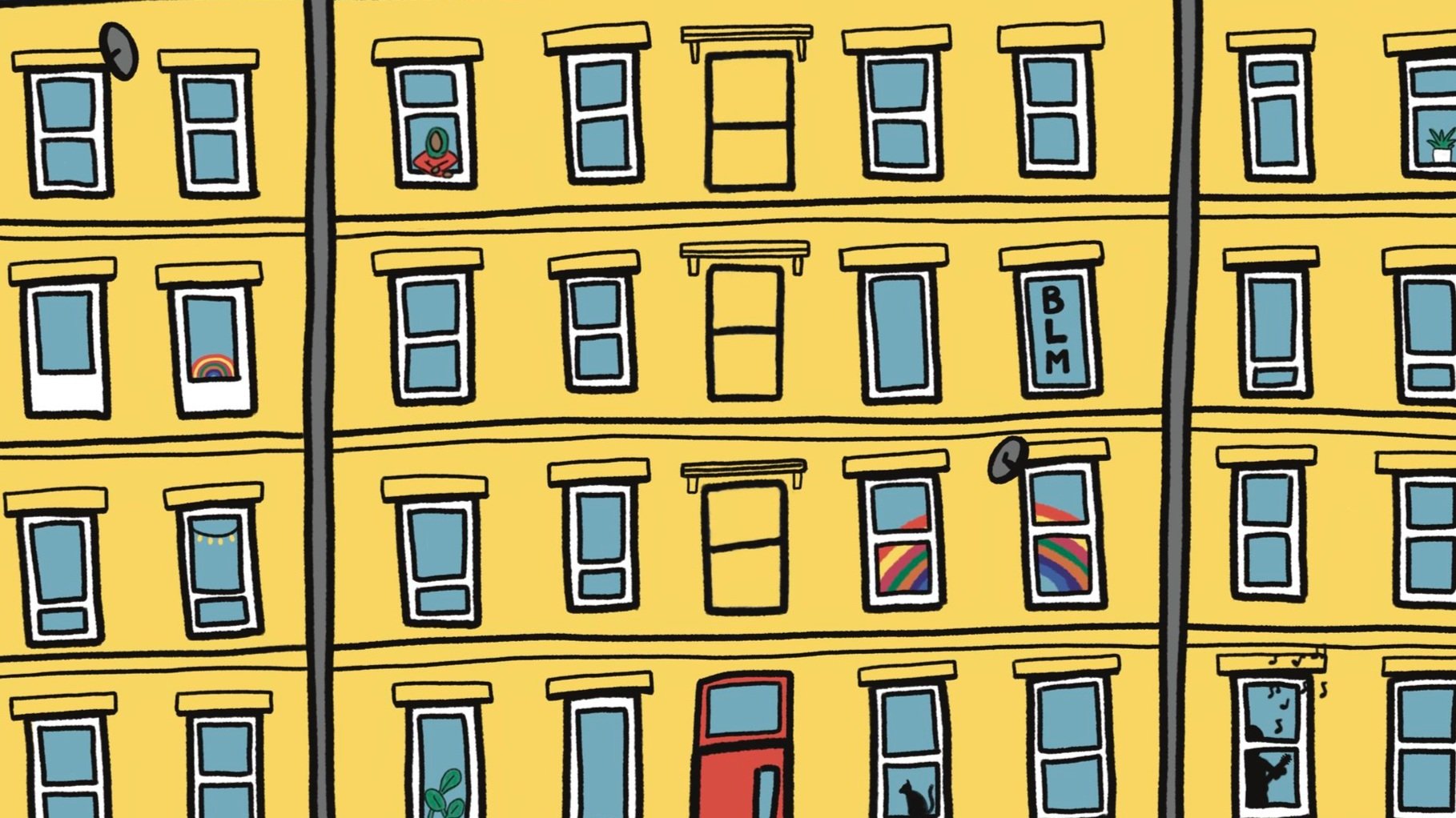
Lascars – Forgotten Seafarers: brought to life
Unveiling the untold story of the lascar sailors, Glasgow Museums' latest exhibition immerses visitors in the seafaring legacy of South Asian men who shaped Britain's maritime past. Through a community-led research project, 3D-printed figurines, and a vivid film installation, this display offers a powerful tribute to these overlooked seafarers, inviting reflection on their enduring impact.
A tour of the Southside’s radical history
From bank robberies to links to the slave trade, the southside has homed a variety of radical social and political histories. In this piece we explore some of the area’s forgotten heritage and dive deeper to uncover the legacy behind these familiar spots.
Greater Govanhill Photography Group: Here Today, Gone Tomorrow
In this article, taken from our previous heritage issue, our Greater Govanhill Photography Group attempt to capture the transient nature of life in our city, as part of our project to document the area, and build our own photographic archive.
لافانی آوازیں : برٹش پاکستانی ورثے کے تحفظ کا پراجیکٹ : ٹیپ لیٹرز
کس طرح پرانی کیسٹس کی ایک بڑی تعداد پاکستانی تارکین وطن کی تاریخ اور زبانوں کی جانکاری کا ذریعہ بن گئی۔ ٹیپ لیٹرز پروجیکٹ کو بہت جلد گلاسگو،ایڈنبرا اور ڈنڈی میں ہونے والی نمائش میں پیش کیا جائے گاجس میں مقامی باسیوں کی کہانیاں دکھائیجائیں گی۔
Back to the future: Could we see the return of the public diner?
It’s not as well known but before the UK had a national health service, it had a national restaurant service. British Restaurants were state-supported restaurants serving affordable meals to the general public.Glasgow used to have at least 10 of these restaurants... Now there is a call to bring them back.
Creating Crosshill Conservation Area: Discovering Robert Duncan, the Architect of Dixon Avenue
As a resident of one of Robert Duncan's beautifully designed homes on Dixon Avenue, I’ve come to appreciate the lasting impact of this overlooked architect. His 21 distinctive houses, with their unique bay windows and ornate details, have given Crosshill its special character and earned it conservation status. Duncan's work is a hidden gem in Glasgow’s architectural heritage.
The History of Radical Community Media
Dr Kate Wilson explores how radical community media from the 1970s and 1980s, including Castlemilk Today, The Gorbals View and The Easterhouse Voice, served as organising tools for tenant struggles, helped working-class to challenge power, satirised urban policy, and showcased poetry from local writers.






